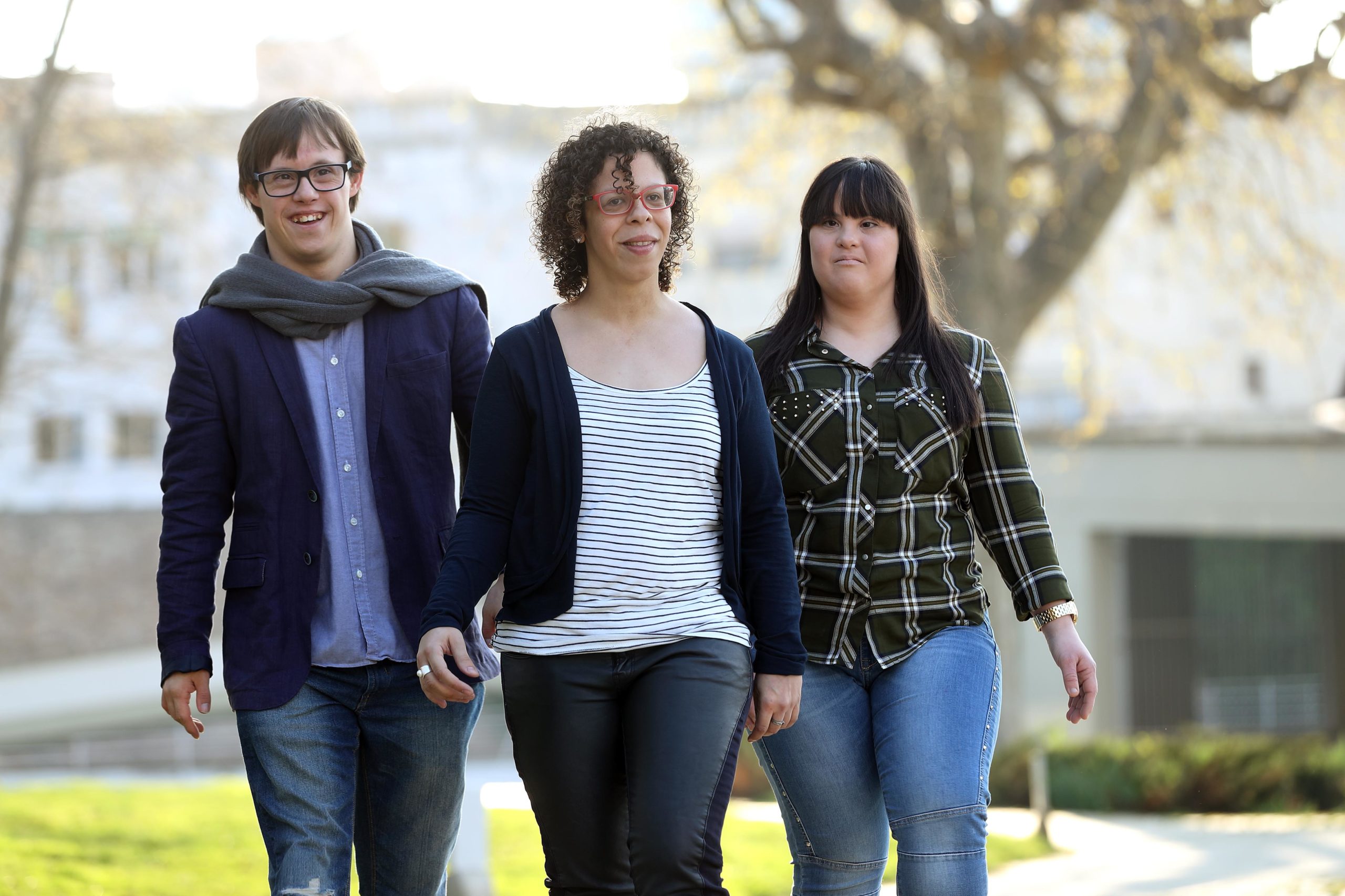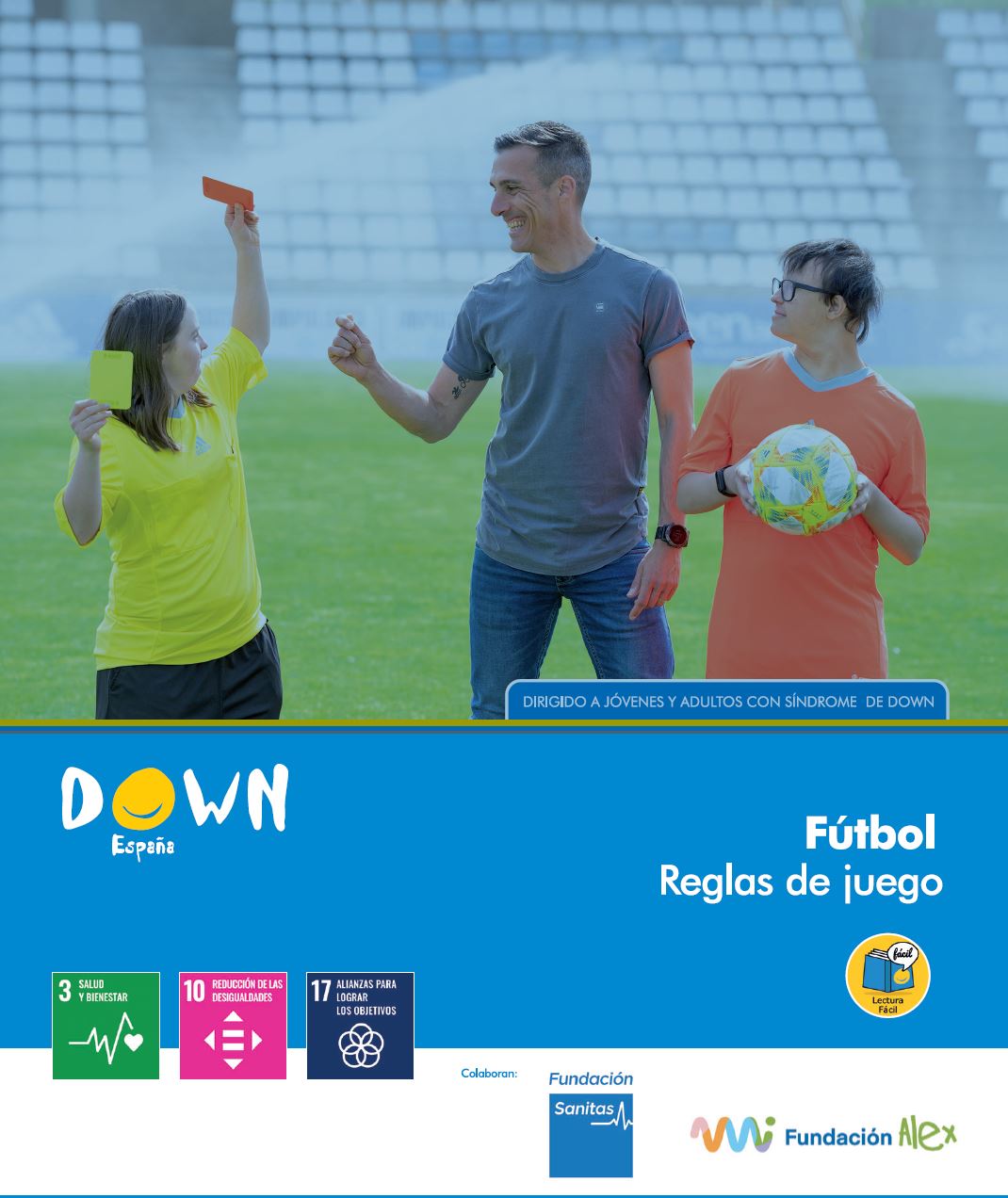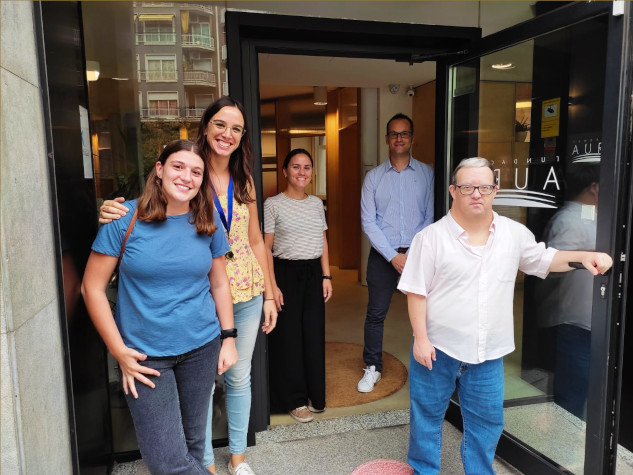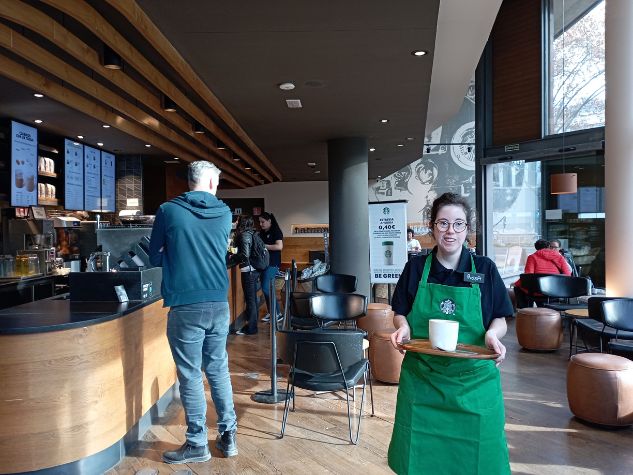People with Down’s syndrome over 40 show behavioural and emotional profiles that indicate changes related to the process of deterioration characteristic of premature ageing. In conclusion, the active life of adults with Down’s syndrome slows down the ageing processes and favours functional retention.
The generation of young adults with Down’s syndrome usually follows health programmes with scheduled check-ups in relation to the most common potential afflictions. In general, they can lead an autonomous life in accordance with their own abilities and have a working life adapted to their cognitive capacities. All these factors together facilitate a full and active adult life, and allow the ageing process to be tackled in a different way than in previous decades.
Leisure and free time activities, as well as the possibility to enter a work environment in ordinary companies, are proving that they not only favour quality of life, but also seem to influence the delay of the first manifestations of the ageing process.
One of the leisure activities most promoted by the different associations and health institutions has been the practice of sport, which is directly related to the improvement of health, although it is not the only benefit, as the psychological benefits are also high.
Studies on the benefits of work for people with Down’s syndrome show that qualities such as autonomy, personal hygiene, social skills and self-concept are improved.
One of the most studied issues is the relationship between Down’s syndrome and Alzheimer’s disease.
The increase in longevity in people with Down’s syndrome due to improvements in quality of life has generated the need to analyse the changes in adulthood.
One of the first aspects to consider is the increase in life expectancy. There are people reaching their 60s and 70s with little or no signs of pathological ageing.
The evolution of cognitive functioning shows that, up to age 40-50, people with Down’s syndrome maintain a stable pattern in their functional abilities. Around the age of 45, a turning point is observed in relation to the deterioration of certain cognitive aspects, such as spatial and temporal orientation or memory. Among the cognitive factors most sensitive to decline are changes in language, praxis, visual memory and executive functions. In the case of language, and consequently all the associated verbal skills, certain limitations are described that are specific to people with Down syndrome and which remain stable until the age of 40-50 when they show a certain decline. They observe greater difficulty in performing two simultaneous tasks, as well as a certain slowing down in the execution of tasks.
Visual memory deteriorates slightly but progressively as people with Down’s syndrome get older; changes are also observed in verbal and visuospatial working memory.
In relation to executive functions, certain difficulties appear in the capacity for planning, inhibition and in tasks involving attention. A certain preference for routine is observed as a consequence of the difficulty of cognitive flexibility and an increase in the difficulty of problem solving.
Between 40 and 50 years of age, a decrease in adaptive behaviours and new ways of interacting with the environment begin to appear, which may be manifested through changes in the way of behaving or certain emotional alterations. These indicators may be accompanied by an increased risk of mental health problems such as depression, obsessive-compulsive disorders, anxiety or dementia.
Among the most common behaviours that, according to studies, are related to the onset of the ageing process are: a decrease in communication skills accompanied in many cases by a progressive loss of interest in things that used to interest them, a diminished self-esteem as a consequence of a lower level of participation in activities, reaffirmation of some existing obsessions, a more irritable, touchy and argumentative attitude and great affectation by changes in life events.
As ageing progresses, families limit the level of independence, arguing for reasons of security and lack of cognitive abilities to cope with independent attitudes. The vision of coping with the parents’ old age and the premature ageing process of the son or daughter is a challenge for the family and especially for the siblings.
At the occupational level, it is advisable to keep the person as active as possible, in order to prevent and slow down the process of deterioration.
The great variability that exists among people with Down’s syndrome makes it difficult to identify with a single criterion what cognitive, behavioural and social patterns the person will manifest as he or she ages.
The abilities and competencies of adults with Down syndrome should be encouraged and enhanced. It is necessary to offer support and activities adjusted to the characteristics of the person, but taking into account the importance of maintaining relationships with the environment, both on a social level, through leisure activities, on a physical level, practising a sport adapted to each personal situation and activities of an educational or training type to maintain and strengthen adaptation to rules and interaction with the environment.















